“Everywhere that Emmet went, that St. Bernard was sure to go.” – George Sneed, Chicago dog catcher, 1880s.
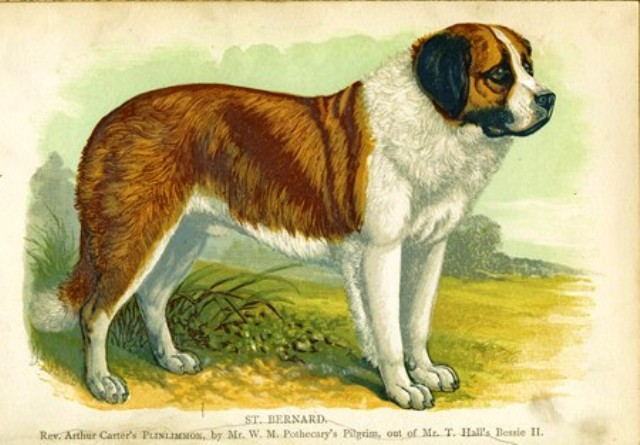
During the 1800s and early 1900s, it was fairly common for theatrical performances to feature live animals. Specially trained horses, camels, and donkeys appeared in many plays on the big stages of old New York, as did several birds and dogs.
One of the most famous animal actors of this period was Plinlimmon, a champion St. Bernard and prized pet of Joseph Kline “Fritz” Emmet.
The Great American German Actor
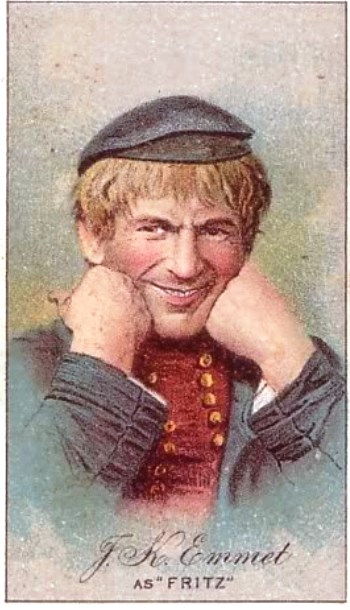
Joseph Kline Emmet was born in St. Louis on March 12, 1841. He was the first son of Evelina and William Brown Emmet, poor Irish immigrants who struggled to care for their large family.
When his father died in 1851, ten-year-old Joseph had to leave school to care for his mother, his two sisters, Alice and Eliza, and his two brothers, Saxon and Milton. He got a job delivering errands and, later, working in a mill for $1.50 a week.
J.K. broke into show business as a snare drummer in Jacob Esher’s orchestra when he was about 17. The young drummer was also a talented yodeler, which helped him earn a spot as a song and dance artist with a St. Louis minstrel troupe.
While still living in St. Louis, he married Eleanor E. Webber and had one son, Joseph K. Emmet Jr.
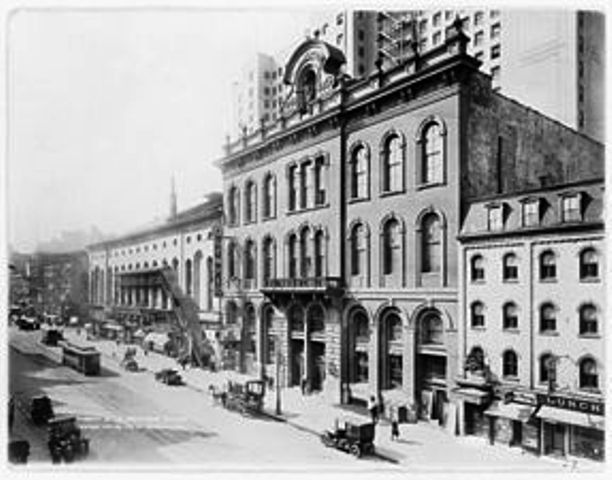
In 1868, J.K. Emmet made his debut in New York City with Dan Bryant’s Minstrels, which were performing in the Tammany Hall building at 141 East 14th Street. In this first performance, he sang German songs in black face, “which proved a pleasing novelty.”
His first big breakout, however, was as the leading actor in the play “Fritz, Our Cousin German,” which opened in Buffalo, New York, in 1869, and at Wallack’s Theatre on Broadway in 1870. From that point on, his fans called him Fritz and assumed he was from Germany.
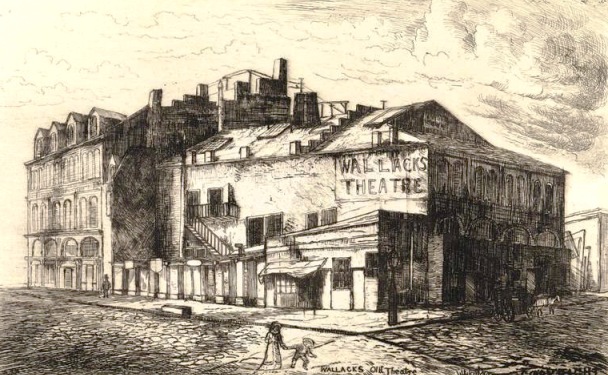
In addition to singing, dancing, and acting, Fritz loved working with his prized St. Bernards. He had several championship dogs during his lifetime, including Rector, who was worth about $4,000, and Bayard P., whom he purchased for $2,500 from E.R. Hearn of Passaic, New Jersey, following Rector’s accidental death in 1884.
And then there was Plinlimmon, who was born in Leeds, London in 1883, and known as the “Emperor of Saint Bernards.”
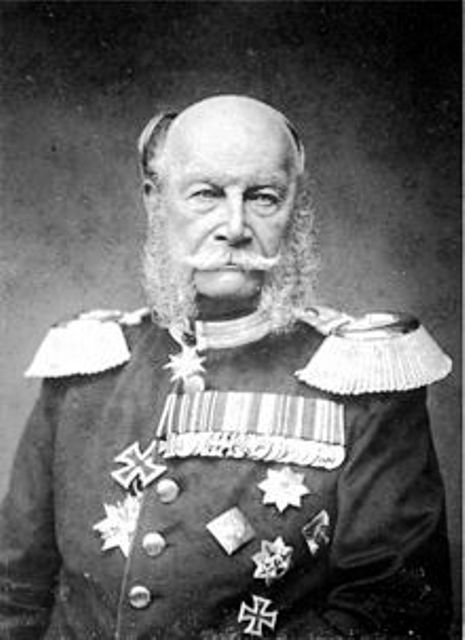
Plin, as he was called, was a pure-bred St. Bernard of noble ancestry, named after the highest mountain in Wales. Kennel club books describe him having a beautiful rich orange color with perfect markings and a sweet disposition. In 1885 he was named “Best Saint Bernard,” and by 1888 he had won enough cups and medals to stock a silversmith’s shop.
In 1888, J.K. Emmet purchased Plinlimmon from Sidney W. Smith, a renowned Leeds breeder, for $5,000. J.K. had no intention of exhibiting Plin at any more shows — he simply wanted the magnificent dog to appear on stage with him in America. The actor and his dog arrived in New York aboard the White Star steamship SS Brittanic on September 21, 1888 (Plinlimmon reportedly traveled in a special kennel built for him on the deck of the ship).
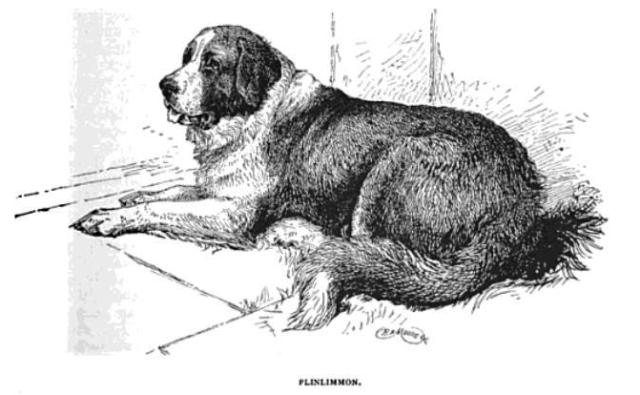
Two months later, in November 1888, J.K. appeared with Plinlimmon in the play “Our Fritz” at the Harlem Theatre Comique. Plinlimmon’s role was to lie down and allow a child to rest his head on him. He also had to play dead after being shot by the villain with a stage bullet.
According to reviews, Plin was the best part of the play: “A great feature about the present play is the dog, who is really a noble animal of undoubted intelligence. He pleases the youngsters, and not a few of the older folks as well.”

For the next two years, J.K. and Plin performed together in many variations of “Fritz.” In 1889, Plinlimmon was recognized as the best canine actor on stage. That year, he and J.K. Emmet performed in “Uncle Joe” — aka “Fritz in a Madhouse” – at Tony Pastor’s Fourteenth Street Theatre and at the Grand Opera House on 23rd Street.
In a New York Times review that criticized the play and the performance, Plinlimmon was described as a splendid animal in a pathetic role. “As an actor his style is heavy and lacking in variety. But he is a good dog. He was greeted with cheers.”
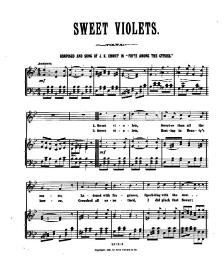
While J.K. and Plin traveled throughout the country, J.K. carried “an iron-clad contract” that had to be signed by the proprietors of every hotel. The contract stipulated that the finest suite of rooms and the most comfortable arrangements possible be made for himself, his wife, and his dog.
The contract also said that Plinlimmon was to have efficient care and attention, and included J.K. Emmet’s motto: “The best of everything is not too good.”
Plinlimmon was indeed very well cared for, and even had his very own attendant, who did nothing but look after his wants. He was exercised three times a day, and was kept in a large wicker crate whenever he and his master were working at the theater.

The Magnificent Fritz Villa
When he wasn’t touring on stage, Fritz lived with his wife, son, and dogs in what was described as “a beautiful brick castle” overlooking the Hudson River in Albany, New York. J.K. called his home “Fritz’ Villa.” He had purchased the property from the Van Rensselaer estate in 1882 for about $70,000, and erected a magnificent residence that he adorned with hundreds of “curiosities” that he had collected from all over the world.
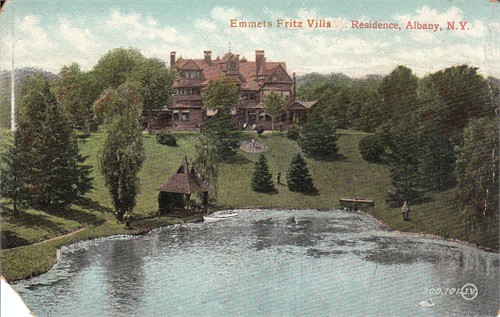
J.K. once told a reporter that the house had no halls and no corners, and that his bedroom had three ceilings (two circular and one triangular). He also told the press that it was his dream to grow old in this castle.
Fritz Says Goodbye to Eleanor and Plinlimmon
Throughout his career, critics were puzzled by J.K. Emmet’s great popularity. He was not an outstanding actor, singer, or dancer, and he had a bad drinking problem. He often appeared “undeniably drunk” in performances or had to cancel shows because of police court appearances for disorderly conduct. It was no doubt his excessive drinking and fast-paced lifestyle that led to J.K. Emmet’s divorce, and, ultimately, his death.
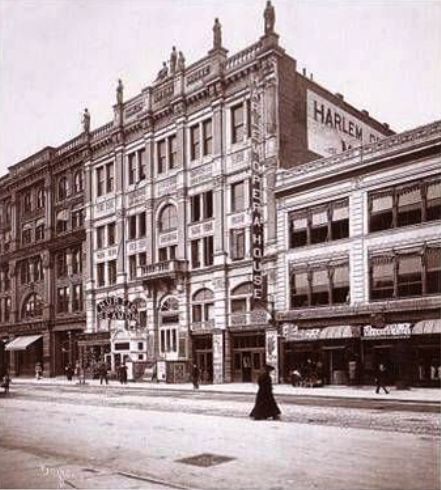
In the spring of 1890, while performing at Oscar Hammerstein’s new Harlem Opera House, J.K. got into a fight with his son, who was then working as his stage manager. Eleanor Emmet had accused her husband having an affair with Miss Maud White, his leading lady at Hammerstein’s, and her son tried to put an end to the affair by forcing Miss White to leave the company. Harsh words turned into hard blows. Plinlimmon, who was laying quietly back stage, tried to intervene and defend his master, but in the end the police were summoned and J.K. Emmet Sr. had to be taken to Manhattan Hospital for treatment.
Eleanor Emmet filed for divorce in April 1890. A year later, on April 27, 1891, J.K. sold Plinlimmon to E.H. Moore of Boston for $5,000.
Shortly after selling Plinlimmon and divorcing his wife, J.K. had plans to marry another leading lady, Miss Helen Sedgwick. He also made up with his son, and the two arranged to spend the summer at the Storm King House, a boarding house at the base of Storm King Mountain in Cornwall-on-Hudson, New York.
About 10 days after their arrival at Storm King, J.K., who was already in poor health, developed pneumonia. He died from complications on June 15, 1891, with his son and Miss Sedgwick at his bedside. His body was taken by the West Shore train to Albany, where he was buried at Rural Cemetery.
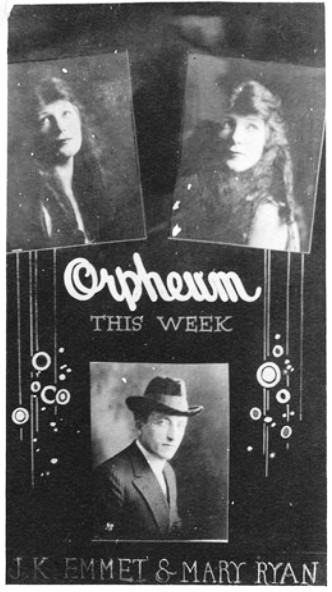
Following his death, J.K. Emmet Jr. assumed all of his father’s contracts and continued to play the Fritz character on stage (he had experience, having filled in on several occasions when his father was inebriated). In 1892, New York State Senator David B. Hill purchased Fritz Villa.
Hill, who would later become the state’s governor, renamed it Wolferts Roost, because the unusual home reminded him of the home of a favorite character named Wolfert Acker from the works of Washington Irving. Today, the property is the Wolferts Roost golf and country club.

On December 19, 1891, the Buffalo Evening News reported that Plinlimmon had died that previous summer. I wonder if he died of a broken heart on June 15, 1891?
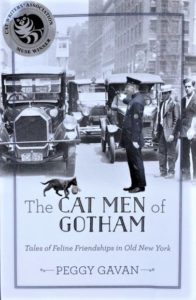



Really loved this story. Emmet sure does look Nordic (Irish parents???), and Plin is a most handsome dog. Wonder if any of his (Plin’s) offspring are still around.
Really loved this story. Emmet sure does look Nordic (Irish parents???), and Plin is a most handsome dog. Wonder if any of his (Plin’s) offspring are still around.
A lot of people liked this one — thanks! Plin sired a lot of champion St. Bernards in his day, so I wouldn’t be surprised if some dogs today can link back to him.
A lot of people liked this one — thanks! Plin sired a lot of champion St. Bernards in his day, so I wouldn’t be surprised if some dogs today can link back to him.
Not much ink given to Emmet’s legacy as a composer/songwriter. Two of his pieces survived well into the twentieth century. “Emmet’s Lullaby”, which survived fabulously in film shorts rendered by Oliver Hardy and the grand soprano Alfalfa Switzer. “Sweet Violets” had many carnations.
That would be me great-grand dad. Always neat to run into stuff on the web about him. Quite a character he was.
How wonderful! I always love it when someone reads about an ancestor in one of my stories.
That would be me great-grand dad. Always neat to run into stuff on the web about him. Quite a character he was.
How wonderful! I always love it when someone reads about an ancestor in one of my stories.